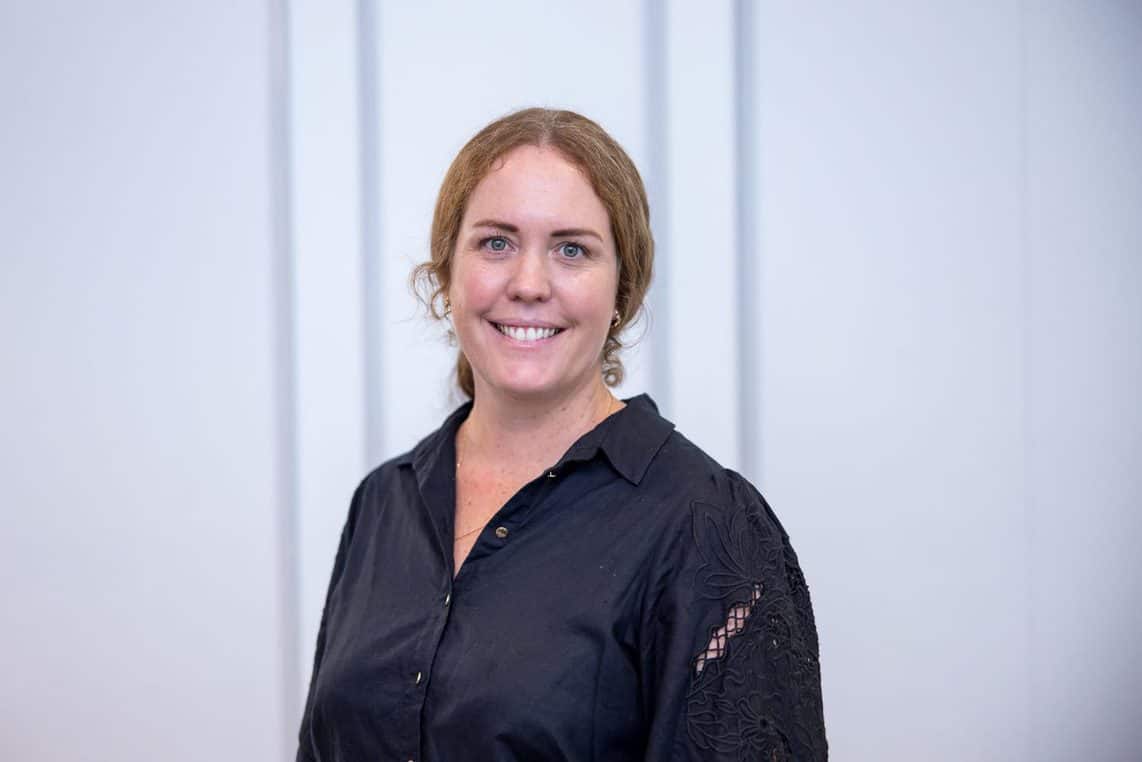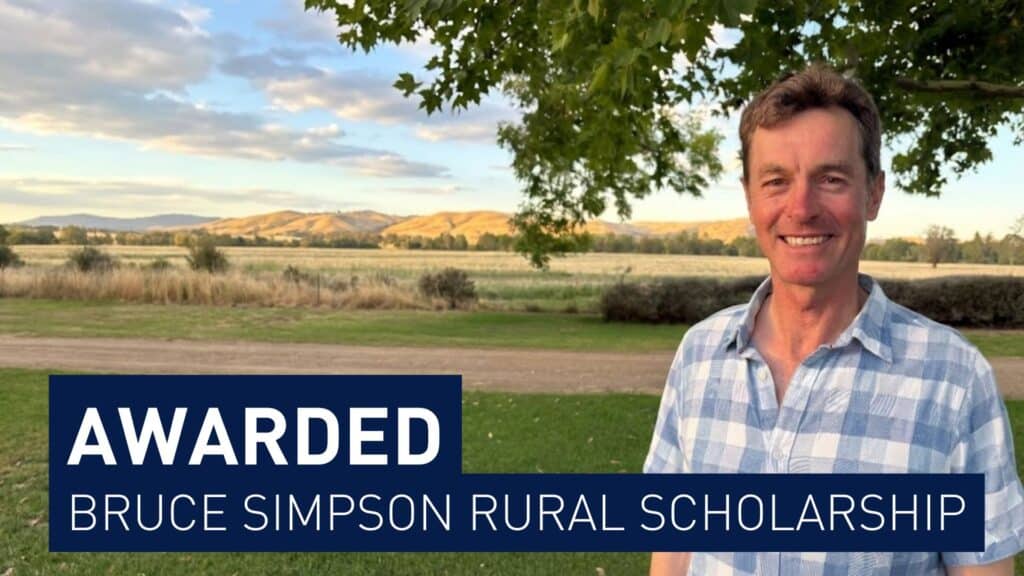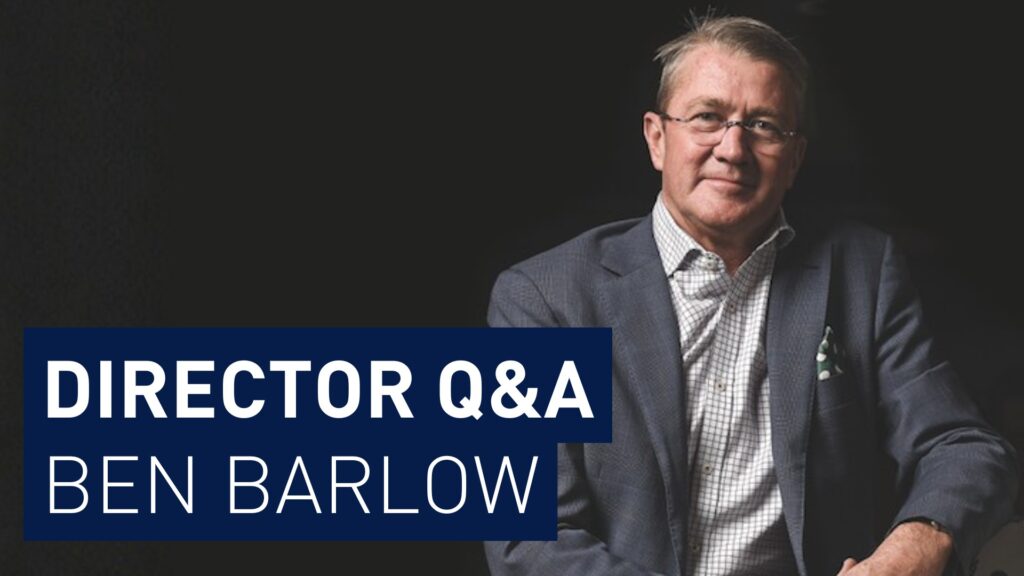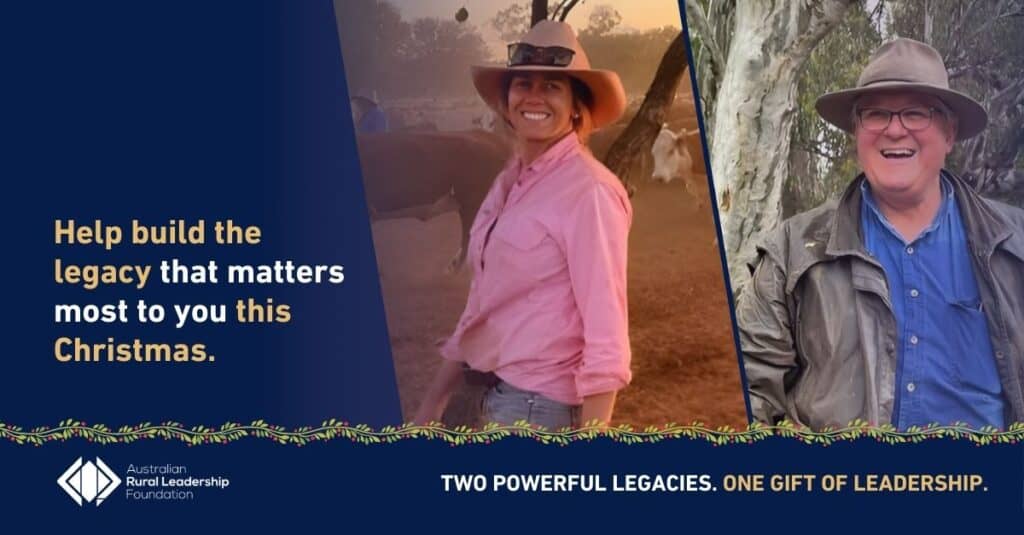With an official population of 300 people, the Georgetown community is a tight knit one. Situated at the gateway to the Gulf of Carpentaria, locals are accustomed to driving hundreds of kilometres for groceries, access to services or even a catch up with friends.
Hannah Camp and her partner Jaydin Brosnan moved to the area three years ago to manage Ironhurst Station, 30 kilometres out of town. The proximity to services means that they can enjoy the convenience of childcare and duck to the shop if they run out of milk, as well as an easy commute for Hannah’s professional role as a physiotherapist.
“We love it here. It’s a great little community with a lot of history. We’re not too far from town, which is a real luxury for me,” says Hannah.
Currently, she works one day a week for Etheridge Cares — a rural aged care provider that services the Etheridge Shire — a municipality in the Gulf savannah region spanning close to 40 thousand kilometres.
“I’m so grateful and lucky that I’m able to work in my profession because there are a lot of rural places where people struggle to find work in their careers, especially physiotherapy,” she said.
“There’s always a health need, but because it’s allied health, there’s not always the funding.”
As a young mother living in a new community, Hannah felt it was time to not only upskill, but to expand her professional and community networks through an initiative of the Australian Rural Leadership Foundation and the Regional Australia Institute — the Charters Towers to Reef Leading Australian Resilient Communities (LARC) program.
For Hannah, the LARC program cemented her resolve to use her professional skills more in her local area, and she plans to expand an exercise program outside the existing one with Etheridge Cares.
“I would like to give our community more primary healthcare options,” she says.
“One of the options that we’re currently exploring is grant funding to help us run some local exercise classes targeting older people. Once we’ve established that, hopefully we can move onto some more general classes for other community members as well.”
Participating in the LARC program and having access to high quality coaches, has changed the way Hannah thinks about leadership and her understanding of influence. She now realises the difference a single person can make, especially from a grass-roots position.
“I always perceived leadership from a hierarchical perspective; you had to be a manager or a CEO or something along those lines to be able to impact bigger change, but now I know you don’t have to be in those roles to make a difference,” she said.
“It just takes one person to take the lead and change can happen from there. It was really empowering to network with people again, from lots of different industries, and know that any one of us can make a difference.”
One of the reasons Hannah and her family love living in the Georgetown area is the high level of community connection, which is reflected in her choice of group project, Community Connection and Wellness, within the LARC program. For Hannah, the experience of forming and normalising their group was pivotal.
“Every emotion was felt in those early days. Frustrations, anxiety, lack of purpose. It was probably the biggest learning experience to be honest, because none of our group members had ever been given a project where there wasn’t already a clearly defined outcome and that was disorienting,” says Hannah.
Experiencing this complex tussle for ideas and direction is a direct learning that members can translate back to their communities. For Hannah, this was firsthand experience in building smaller networks and being able to prioritise ideas and bring people along for the ride. In fact, it was a lightbulb moment to how they were going to implement their project.
“Our priority was to find effective strategies to promote collaboration and focus among our community members, which is a challenge when you consider how diverse they are,” says Hannah.
Eventually, they settled on a simple ‘toolkit’ of five steps to help with building more connections that are easily transferable to any local community. They include introducing yourself to a neighbour, try and be involved in local committees, support community connectors, start a conversation with someone new and share their stories.
The toolkit has also cemented pathways for Hannah’s next stage of building stronger health opportunities in Georgetown. Using these learnings from the LARC program, Hannah is determined that any changes she makes or programs she instigates are sustainable. Acutely aware of the limited energy and resources of people in small towns, Hannah just doesn’t want to be ‘a breath of fresh air’.
“I’ve lived in lots of different rural areas and there’s always a lot of people that come and go. You get these bursts of fresh air that means the community might access something new or different, and then the instructor or instigator moves on. The lost momentum deflates people. To be more resilient, we need anything we establish to be sustainable,” she said.
Therein lies the catch, though Hannah has already started making changes to ensure her initiatives have longevity.
“Etheridge Cares is hoping to employ more local people, but also help with some training for them. With that type of system, there’s no reason why these exercise classes can’t start and train local people to run them.”
Hannah says the reason Georgetown can be considered resilient is because of the strong connections between community members and their generosity with welcoming new people.
“It’s got a longstanding history of being a connected, supportive, friendly community and that’s the reason we really want to stay,” she said.
“The connections to other regions I made through LARC and the networks we built and continue to foster will only help us to bring our own community closer together and work towards common goals.”
Hannah’s leadership learnings from the LARC program have empowered her to make a difference in her community, expand healthcare options and prioritise sustainability in her initiatives.





